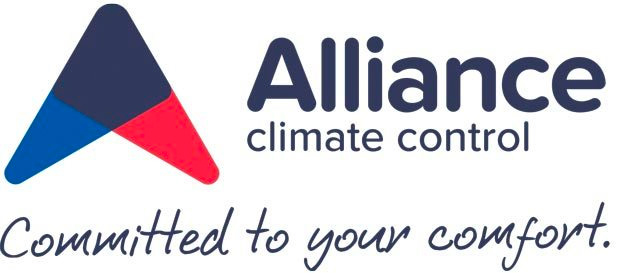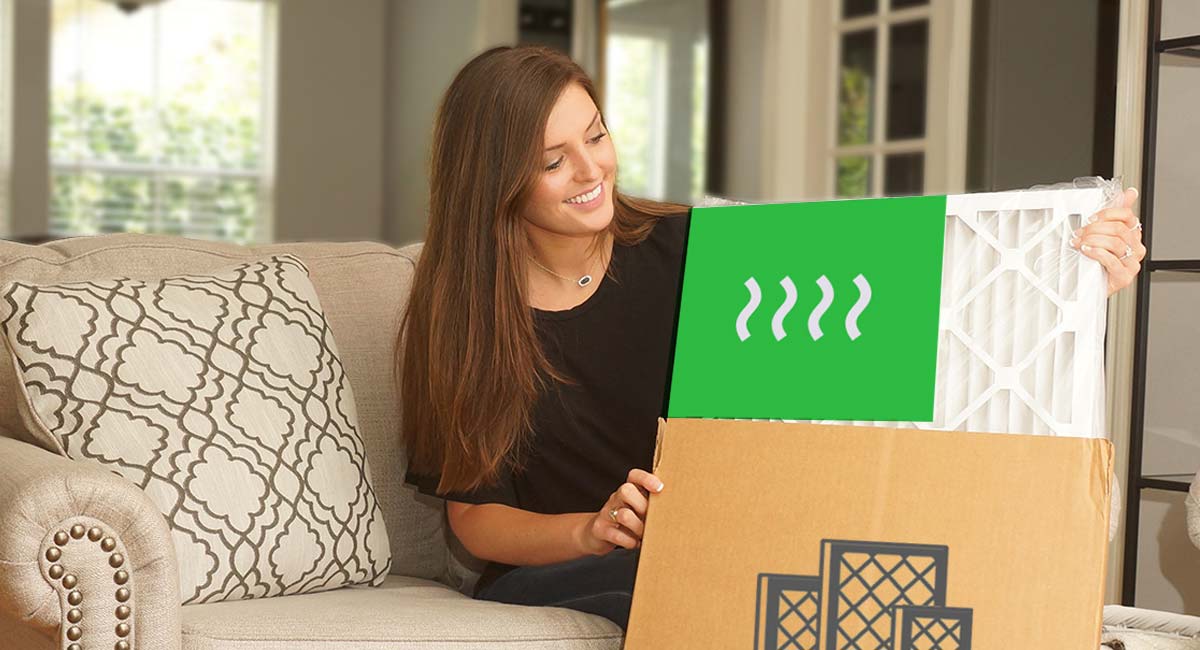

Keeping your home or business premise well-ventilated is paramount. It’s a great investment if you want to maintain a healthy airflow in the available space. With proper ventilation, you will be able to reduce the accumulation of volatile organic compounds. Significantly, it is also a remarkable way of alleviating allergies and related health complications.
Air conditioning is one of the key projects every property owner should keep into consideration during the construction process. It is a system of controlling ventilation and temperatures in a building and maintaining a comfortable environment for the habitants of the building.
With this in mind, here are key questions about air conditioning you should consider.
What is commercial air conditioning?
Many people think that commercial air conditioning is only applicable in commercial properties such as large office buildings or public places. This is a kind of air conditioning that can also work in small shops and cafes. With such an air conditioning system, you need to invest wisely.
To meet the diverse uses of a commercial air conditioner, you have to go for a system that has varied cooling and heating capacities. You have to know the key types of commercial air conditioners to choose for your business and commercial properties.
Different locations
The size of commercial heating and cooling systems is one of the reasons that these systems are almost always housed on the roofs of commercial buildings. While residential units typically sit next to or behind a home, this arrangement is impractical for commercial buildings.
By placing their HVAC systems on the roof, businesses not only take advantage of unused space but also protect their systems from vandalism.
Furthermore, a rooftop location makes it easy for HVAC technicians to conduct system maintenance without disrupting business operations.
Fresh air make up
As Commercial buildings don’t have opening windows, fresh air is required into a building.
Adding fresh air to a heating or cooling system accomplishes two primary Indoor Air Quality (IAQ) which controls building pressures and secondly, it increases IAQ by diluting polluted or stale indoor air.
Outside air enters the system through a roof or sidewall vent inlet that collects air from a clean outside location. The air is pulled into the system through a filter, into a duct connected to the return plenum (air intake). Smaller systems use the negative pressure from the air handler fan to move outside air. Outside air mixes with the return air and then is dispersed evenly throughout the building via the supply duct system.
As it pressurises a building, some of the indoor air is “exhausted”. This dilutes existing air with fresh air and forces out a percentage of the indoor pollutants with each air change. If there are combustion appliances in the building and combustion air is being pulled from outside the building, the outside air will act as combustion air for the appliances.
Why commercial systems are more powerful?
Commercial spaces are frequently much larger than residential spaces, and often serve a much greater number of people. Commercial HVAC units must be expertly sized to account for employees and customers during peak hours, and proper sizing requires a contractor with specialized technical skill and experience.
Residential units are generally smaller and very less in terms of heating and cooling capacity. However, correctly sizing residential systems also requires knowledge and experience. In fact, correct residential sizing may be even more important because a unit that is too small won’t effectively keep you comfortable as it will be trying to constantly run to keep up with the thermostat’s settings. Whereas a unit too large will cycle on and off too quickly (short cycle) and won’t properly remove uncomfortable humidity from the inside of your home. These issues can also cause additional wear on a system and shorten its life cycle.
Residential air conditioning vs commercial air conditioning
To properly air condition your small business, you need to invest in the best systems. Air conditioning not only absorbs moisture from your small business space, but also cools the building down. You should not get it wrong when investing in the best air conditioning systems.
It all starts by differentiating between residential air conditioning and commercial air conditioning. The key difference is properly illustrated by looking at the heating and cooling systems used in each sector or premise. Key factors to guide you include;
Size
Systems used for commercial heating and cooling are larger than those used in homes. They also differ when it comes to components installed in them. For instance, thermostats, compressor, blower, damper and condenser fan used in each system will differ in size.
Power
The air conditioner you go for will be determined by the size of your premises. For a commercial building, you will need a larger and a powerful I system that can meet the heating and cooling needs of your premises.
The residential air conditioner you choose should also be powerful enough to ably meet the needs of occupants of the house.
Location
Residential air conditioners are usually located outside of the home or on the ground. Commercial air conditioners can also be located outdoors but on the roof.
Commercial air conditioners are large, and the roof offers ample space to hold them in place. It is also easy to service commercial air conditioners from the roof without disruption n g your business.
Complexity
Commercial air conditioners should be more complex to meet the heating and cooling needs of large business premises. A residential system is used to cool and heat a space occupied by a small number of people with fairly static needs.
What are the different types of commercial HVAC systems?
Split & Ducted System-Split system is effective for small spaces and great for single families.
Ducted system (also called central ducted air conditioning) used to cool and heat large areas or spaces. They have an outdoor unit, and a central indoor unit.
Multi Split System
This are air conditioning systems that stand out due to their capability to connect many indoor units to one outdoor unit. Hence, you don’t need to purchase many air conditioners to service different rooms or spaces.
VRV System
This is a type of air conditioner that uses a variable refrigerant. This system provides users the ability to maintain individual zone temperature control in each room and floor of a building. The precise individual control and inverter technology minimize energy consumption to deliver optimum energy savings.
Ceiling Cassette
Ceiling cassette AC systems also called suspended ceiling mounted systems are suitable for use in a wide range of applications such as shops, restaurants and small offices. With a stylish appearance, the Ceiling Cassette System fits with interiors where design is as important as functionality.
Packaged systems
These are all-in-one cooling and heating systems for homes that don’t have many rooms indoors for either an air handler or a coil and furnace. These systems will have all of their parts in one outdoor unit that sits on the roof.
Which System Is Right for Australian Small Business?
Small businesses in most cases tend to use a reasonable amount of space and have a number of people working throughout the day. Hence, you don’t need portable air conditioners or window units as they will not meet the needs of your business. They will mean increased electricity bills and this leaves you with splits systems as the best option for your small business.
You can opt for wall-split systems or ducted air conditioning systems. If you can’t pick the best HVAC system for your small business in Australia, it is wise to hire the services of a HVAC systems dealer.
At Alliance Climate Control we specialise in commercial air conditioning (HVAC) systems including Commercial Split Wall Unit & Ducted Air Con system, VRV Air Conditioning and Commercial Packaged systems in Sydney. For more information about commercial air conditioner please contact us on 02 8061 5023 to find out more information about commercial air conditioners.
Related Articles











